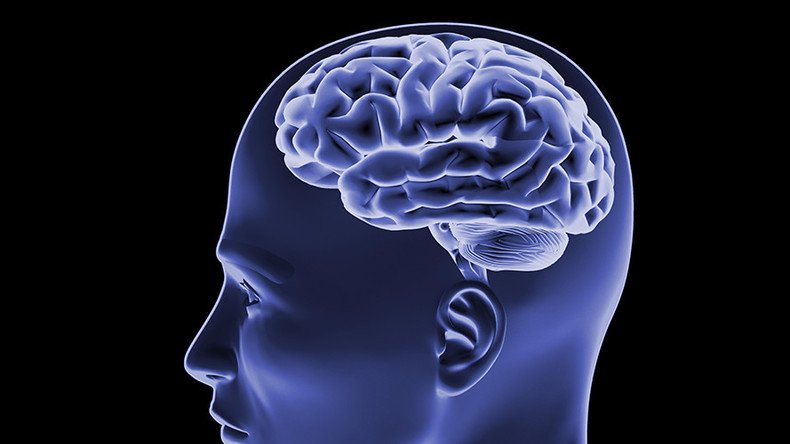Fighting words: Bilingual people ‘better equipped’ to tackle Alzheimer’s - study

The benefits of speaking more than one language have been studied in depth, from cultural to the cognitive advantages. Now, new research suggests bilinguals have an advantage over monolinguals when fighting the onset of Alzheimer’s.
An Italian study brought together 85 patients with probable Alzheimer’s dementia, 45 of which spoke both Italian and German, while the rest spoke only one language.
The bilingual patients were on average 5 years older than the others. This new study builds on previous research, lead researcher Professor Daniela Perani of Vita-Salute San Raffaele University in Milan told RT.com via email.
“[The new study] showed the risk of progressing to mild cognitive impairment (MCI) was significantly lower in bilingual individuals,” she said of the findings.
READ MORE: Brain makes decisions before consciousness steps in – leading neuroscientist
“The neural reserve associated to bilingualism contributes in delaying the onset of cognitive deficits in prodromal Alzheimer’s dementia,” she continued: “Several epidemiological research studies and here also our findings reported a significant delay of dementia onset in bilingual individuals (up to 5 years), not only for Alzheimer’s dementia, but also for other dementias.”
In this study, published in the US based PNAC journal, bilingual patients outscored monolingual patients on a variety of memory tasks, despite suffering from a more advanced form of the disease.
“[W]e found a more severe cerebral hypometabolism in the group of bilingual AD patients as compared with monolinguals, despite the bilinguals showed better performance on memory tasks,” said Professor Perani.
Bilingualism’s guarding effects can be explained by two different neural mechanisms, neural reserve and neural compensation. Mastering two language systems throughout the course of one’s life can “induce plastic changes in the brain” which makes it more resistant to the degenerative effects of the disease.
READ MORE: Living close to busy roads may cause dementia – study
There are also other factors that contribute to a person’s ability to withstand the effect of this illness, such as access to leisure activities and education, but it seems the ability to speak more than one language can be an enormous benefit in later years.
Professor Perani believes that more should be done to encourage people to use more than their native tongue:“Considering that one of these protective factors is bilingualism and that delaying the onset of dementia is a top priority of modern societies, governments and health systems should be stimulated to activate social programs and interventions to support bilingual or multilingual education and to maintain the use of more languages in aging.”













